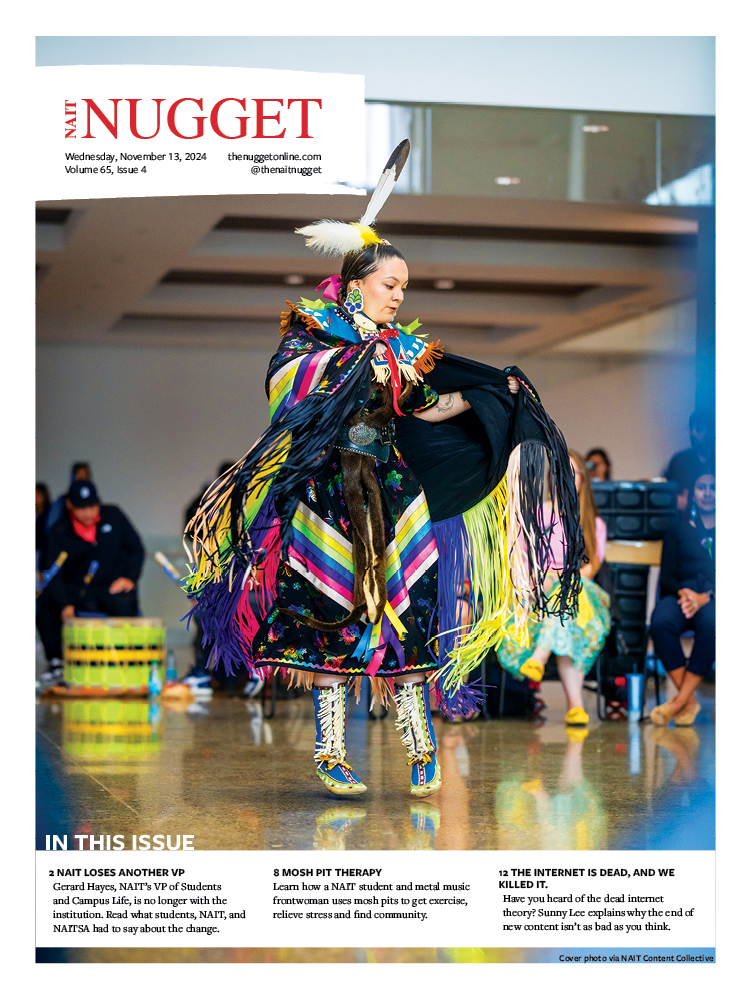By Kaytlyn Poberznick
It’s easy to have ‘love goggles’ on when in a relationship, where red flags are overlooked because the chemistry is there.
One of NAIT’s counsellors, Komal Kumar, teaches that being able to identify these red flags is an important part of getting into healthy relationships.
“The most common thing I see in counselling, I would say, are people getting stuck in an emotional abuse cycle. A lot of people can recognize the physical abuse aspect and know that that’s wrong and know that it’s not okay, but a lot of people when they describe their relationship as ‘this happened, then they get yelled at and then we have a big fight and then they barely speak to me after and then they apologize,’ [a lot of people don’t know that they’re in an emotional abuse cycle],” said Kumar.
Knowledge is power when it comes to entering a relationship. Having a strong foundation of what to watch out for can help prevent toxicity.
“The more knowledge you have in understanding of what to look for [is a big piece],” said Kumar.
“Understanding that if a person is possessive or jealous or controlling that that’s not an indicator of love, that is an abusive cycle.”
Setting boundaries and expectations for whatever relationship is taking place is a good way to make sure there isn’t any grey area in the beginning stages.
“I think when people are starting their relationship it’s really good for them to know what they’re looking for. [Overall] taking some time to figure out what values they have in a partner because when you don’t have that clarity it’s really easy to flounder into something where you make exceptions, where you maybe minimize or downplay the red flag because you’re maybe not sure what you want,” said Kumar.
“If you’re clear on what you want and you understand the difference between healthy and unhealthy relationships then you have a good guideline of what you’ll tolerate and won’t tolerate.”
NAIT offers students free counselling in a number of areas, including anxiety, depression, relationship issues and personal or sexual identity. To sign up for a session, visit NAIT’s website.






